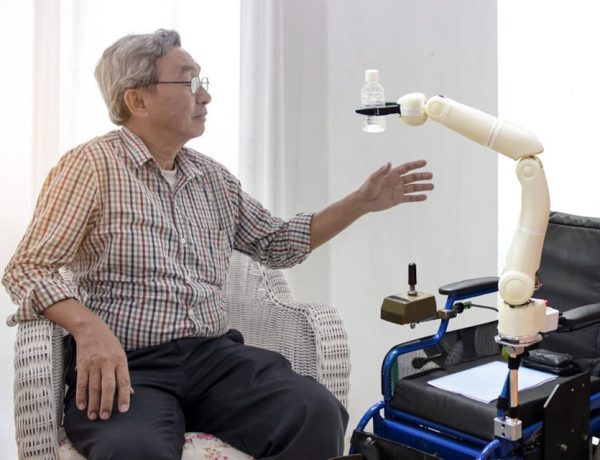Table of Contents
Have you ever wondered why some people seem to thrive in daily life, while others struggle with the same routines and challenges? Often, the difference comes down to the level of personalised support they receive, small adjustments, and tailored guidance that make daily tasks easier, more meaningful, and more fulfilling.
Understanding Personalised Support
Personalised support isn’t about doing everything for someone; it’s about understanding their unique needs, preferences, and strengths, and then providing the right tools and encouragement to help them succeed. In everyday living, this can range from helping someone organise their day in a way that suits their energy levels to providing social or emotional support tailored to their personality.
The true power of personalised support lies in its ability to foster independence while creating a safety net. People feel more confident when they know their environment and routines are adapted to them, which in turn improves overall wellbeing, motivation, and engagement.
Practical Examples In Daily Life
Consider simple scenarios: a morning routine customised to individual preferences can make the start of the day less stressful and more energising. Someone who enjoys reading in the morning might benefit from quiet time with a cup of tea, whereas another person might thrive with a brisk walk outside. By recognising these differences, support becomes more effective and meaningful.
Community & Care Settings
Structured environments often demonstrate the benefits of tailored support on a larger scale. In certain service settings, staff work to understand each individual’s needs and design activities, schedules, and care approaches that suit them. For example, some care homes in Bournemouth focus on personalised plans for each resident, combining attention to personal routines, social interests, and physical activity. This approach ensures residents feel valued, engaged, and supported, enhancing both comfort and quality of life.
Emotional & Social Benefits
Personalised support doesn’t just help with tasks, it strengthens relationships and fosters a sense of belonging. When people feel understood and valued, they are more likely to participate in activities, connect with others, and maintain a positive outlook. This emotional support contributes to resilience, reduces stress, and encourages a greater sense of autonomy.
Applying Personalised Support In Your Life
Even outside structured care settings, we can all benefit from applying personalised support principles. Take time to assess your own habits, identify challenges, and experiment with small adjustments. Create routines that work for you, design your environment to suit your needs, and seek tools or assistance that enhance your daily experience.
The Ripple Effect
The impact of personalised support extends beyond the individual. Families, colleagues, and communities all benefit when people are empowered to live their lives with dignity and purpose. By recognising and respecting individual differences, we create stronger, more compassionate networks that elevate everyday living for everyone.
Takeaway
Personalised support is a quiet but transformative force. By tailoring guidance, routines, and environments to the individual, we can improve wellbeing, independence, and connection. In both personal life and community settings, small adjustments can create lasting, meaningful change, reminding us that even simple acts of understanding and attention can empower lives in remarkable ways.





No Comments